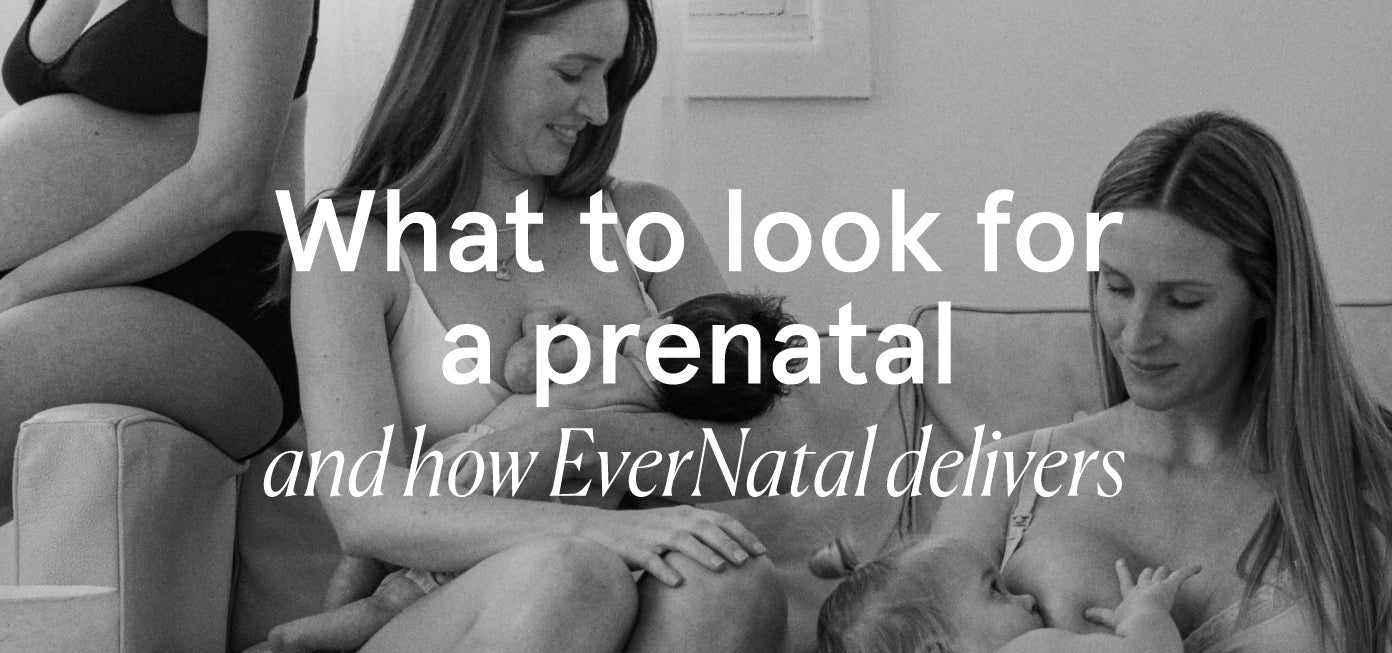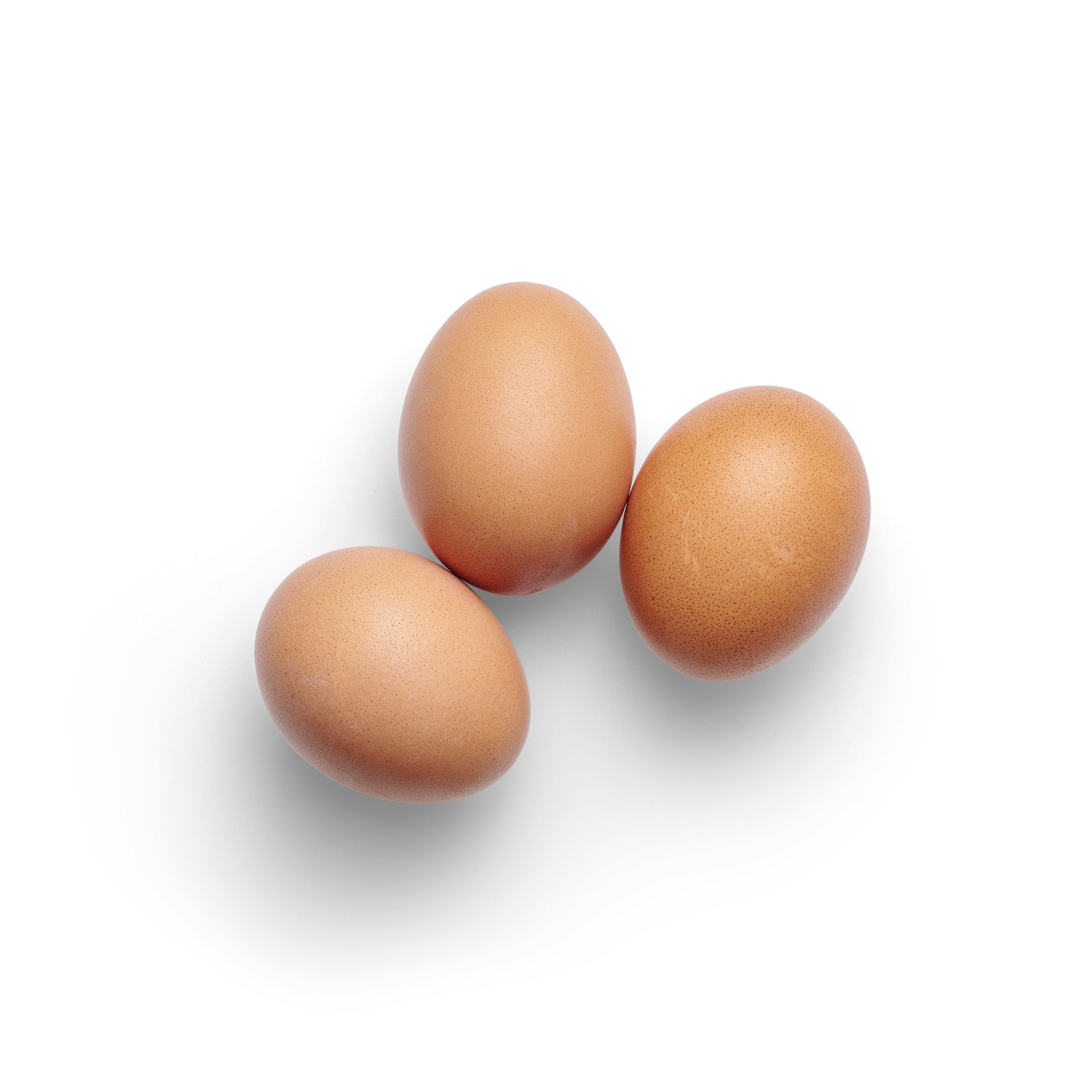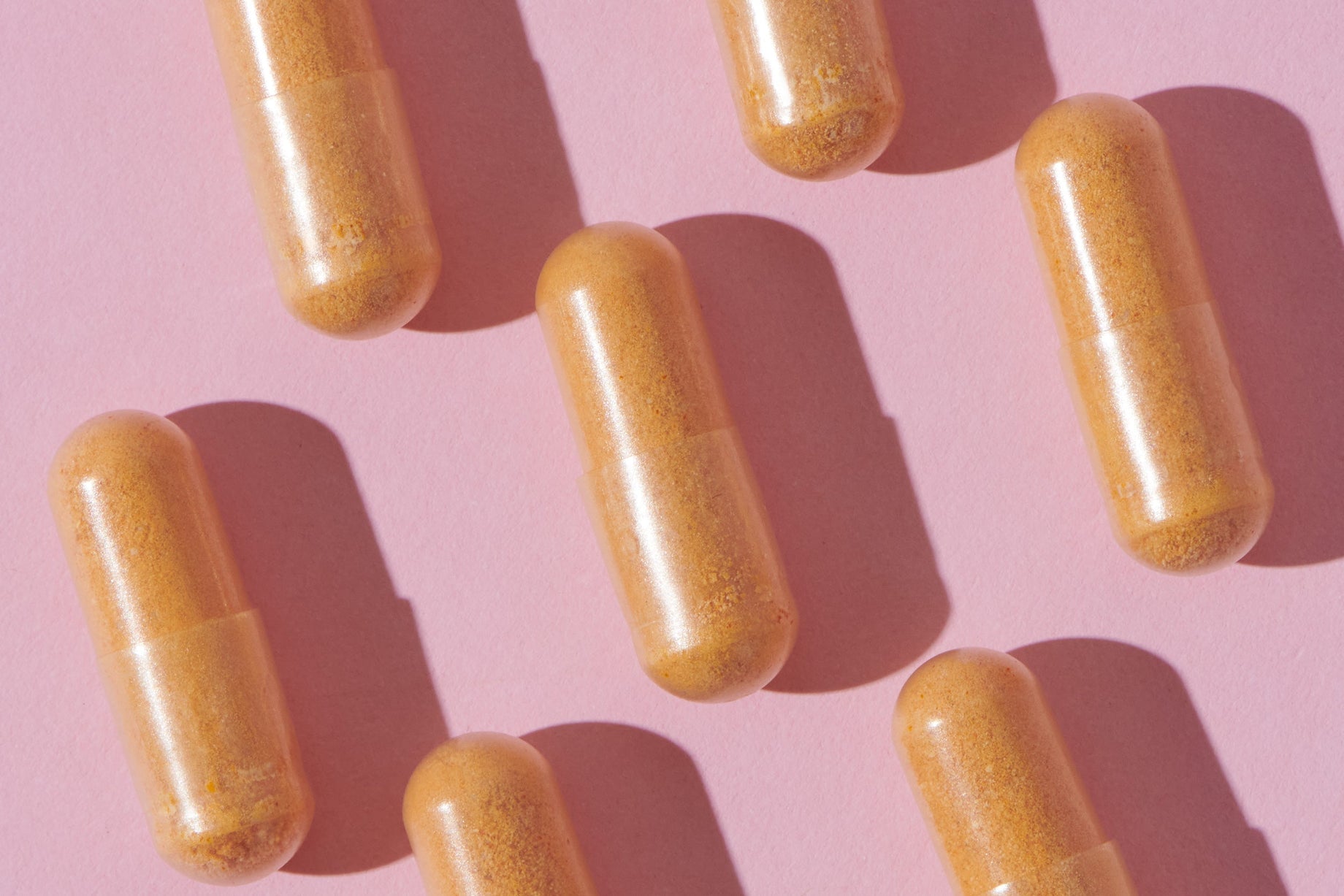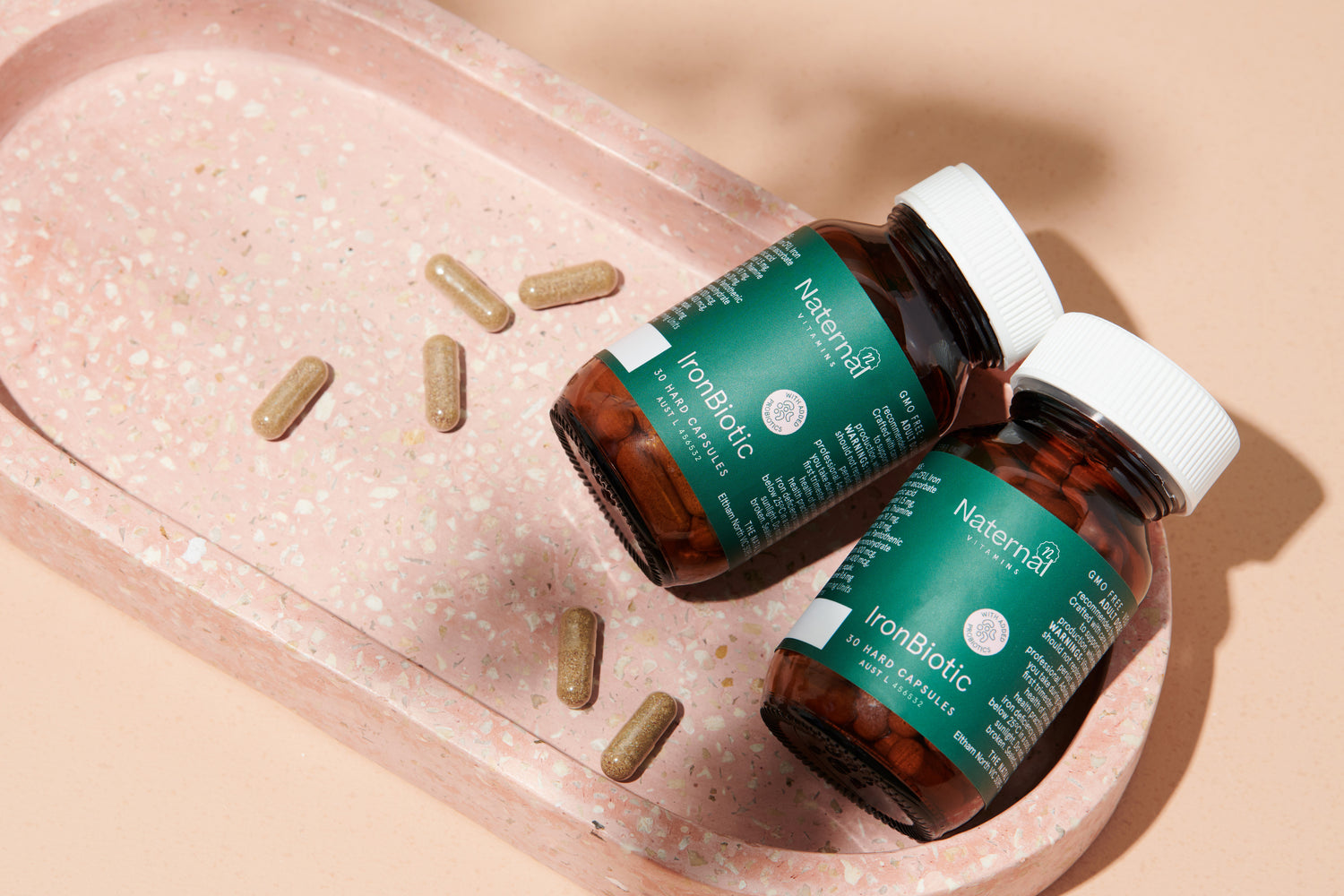Jump to:
If you’re thinking about starting a family or have just found out you’re pregnant, you might be wondering: “When should I start taking pregnancy supplements?” It’s a common question, and the answer isn’t always as straightforward as just picking up the first prenatal vitamin you see.
As a naturopath, I often see women struggling with low nutrient levels, even when they’re already supplementing. The truth is, timing matters, and so does the type of supplement you choose. In this guide, we’ll explore when to start, which nutrients are essential, and how to ensure you’re giving your body and your baby the best possible support.
Why Are Pregnancy Supplements Important?
Pregnancy puts increased demands on your body, and even with a healthy diet, it’s easy to fall short on key nutrients. Your baby relies entirely on your nutrient stores for growth and development, so making sure you’re getting enough of the right vitamins and minerals is crucial.
Some of the most important benefits of pregnancy supplements include:
-
Folate: Helps prevent neural tube defects, such as spina bifida.
-
Iron: Supports healthy blood production and helps prevent anaemia.
-
Calcium & Vitamin D: Essential for strong bones and teeth for both you and your baby.
-
DHA (Omega-3 fatty acids): Supports brain and eye development.
-
Iodine: Crucial for healthy thyroid function and baby’s cognitive development.
Even if you eat well, nutrient levels can vary based on gut health, stress, absorption issues, or even genetic factors. That’s why supplementation can play such a big role in pregnancy health.
Best Time to Start Taking Supplements
The best time to start taking pregnancy supplements is before you conceive—at least three months before trying for a baby. Why? Because some nutrients, like folic acid, are most effective in the very early stages of pregnancy often before you even realise you’re pregnant.
If you’re already pregnant and haven’t started supplementing, don’t stress! It’s never too late to begin. But the earlier you start, the better. If you're planning to conceive soon, you might also want to consider preconception supplements to help prepare your body.
What Essential Nutrients Should Pregnancy Supplements Contain?
Not all pregnancy supplements are created equal. The type and form of nutrients make a big difference in how well they’re absorbed and used by your body.
Here’s what to look for in a high-quality pregnancy supplement:
-
Methyl-folate (500mg daily)
-
Iron (27 mg daily) - Helps prevent pregnancy-related anaemia and supports oxygen transport.
-
Vitamin D (1000 IU daily) Support bone strength for both mum and baby.
-
Iodine (220 mcg daily) Helps regulate thyroid hormones and supports baby’s cognitive function.
Some forms of these nutrients are far better absorbed than others. For example, methylated folate is a better choice than synthetic folic acid for many women, and iron bisglycinate is much gentler on the stomach than traditional iron supplements.
If you need personalised guidance on choosing the best pregnancy supplement for your body, a naturopathic consultation can help.
Can You Get Enough Nutrients from Diet Alone?
In an ideal world, we’d get all our nutrients from food. But during pregnancy, your body’s demands increase dramatically, making it much harder to get enough from diet alone.
Some common reasons why diet alone may not be enough include:
-
Morning sickness - If you’re struggling to keep food down, you’re likely missing key nutrients.
-
Absorption issues - Conditions like IBS, coeliac disease, or even low stomach acid can reduce nutrient uptake.
-
Modern food quality - Many farmed foods today have lower nutrient levels than they did decades ago.
That’s why supplements act as nutritional insurance, filling in the gaps where diet might not be enough.
What Happens If You Don’t Take Pregnancy Supplements?
Many women assume that if they eat a healthy diet, they won’t need supplements. But nutrient deficiencies during pregnancy can lead to serious health risks, including:
-
Neural tube defects: Low folate levels increase the risk of birth defects like spina bifida.
-
Low birth weight: Poor maternal nutrition can lead to inadequate foetal growth.
-
Anaemia & fatigue: Low iron can cause extreme tiredness and complications during delivery.
-
Thyroid issues: Iodine deficiency can impact your thyroid function and baby’s brain development.
If you have ongoing nutrient deficiencies, working with an online pregnancy naturopath can help you identify and address the root cause.
How to Choose the Right Pregnancy Supplement for You?
With so many options available, choosing a pregnancy supplement can feel overwhelming. Here are some tips to find the best one for you:
✔ Check ingredient quality Look for highly bioavailable nutrients (e.g., methylfolate instead of folic acid).
✔ Avoid unnecessary fillers Some supplements contain additives or allergens that aren’t beneficial.
✔ Ensure the right nutrient balance Some products skimp on key vitamins like iron or iodine.
✔ Choose practitioner-formulated options
Higher-quality, evidence-based formulations provide better results.
If you’re not sure where to start, explore our carefully curated range of pregnancy supplements designed with optimal absorption and safety in mind.
Need Personalised Guidance? We’re Here to Help!
Starting pregnancy supplements at the right time gives both you and your baby the best possible foundation for a healthy pregnancy. If you’re planning to conceive, starting at least three months before pregnancy is ideal. If you’re already pregnant, starting now will still offer important benefits.
For expert advice on choosing the right prenatal vitamins, contact us today. Your journey to a healthy, well-nourished pregnancy starts with the right support!








